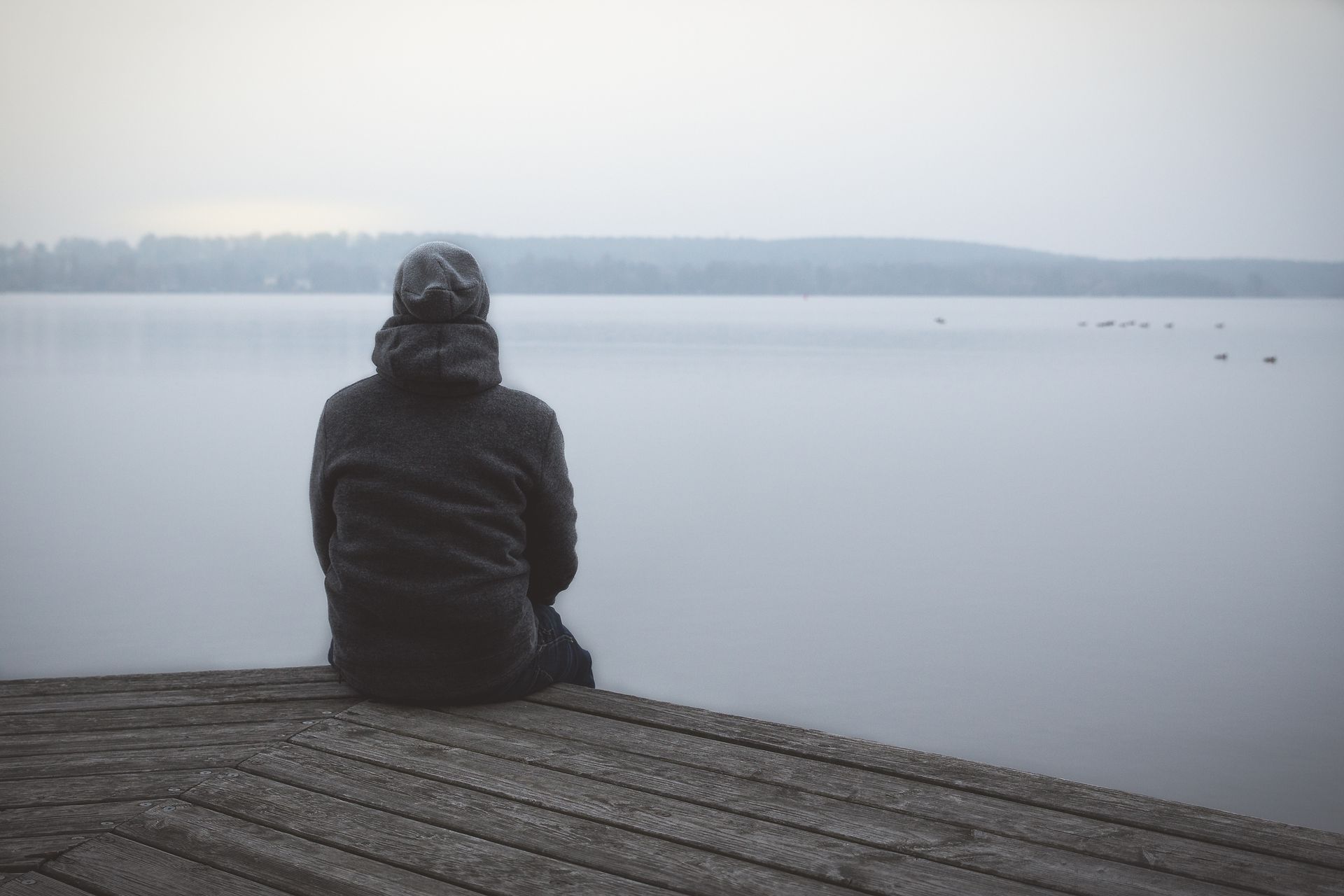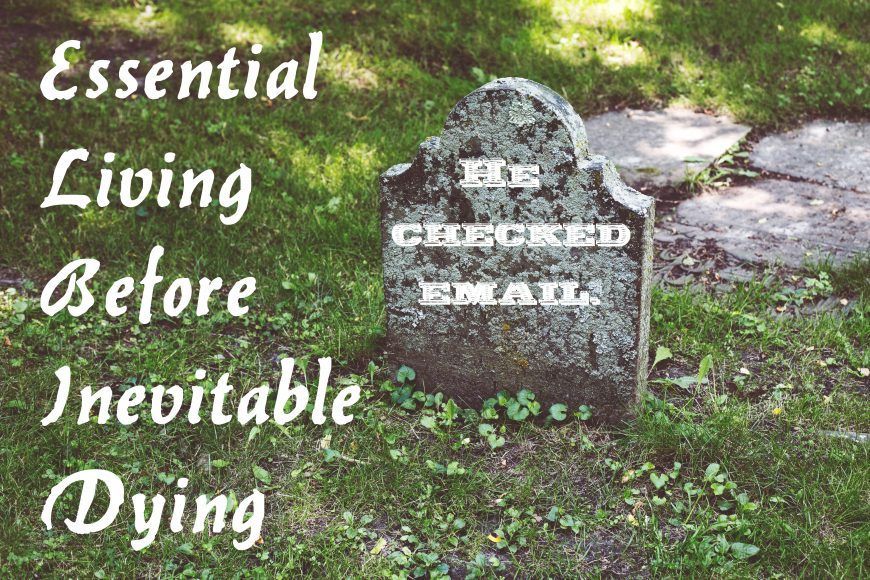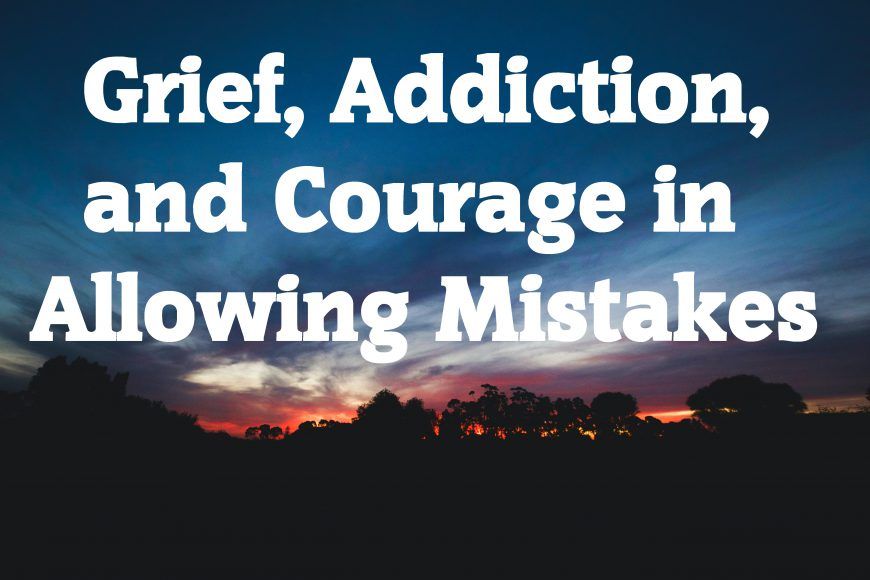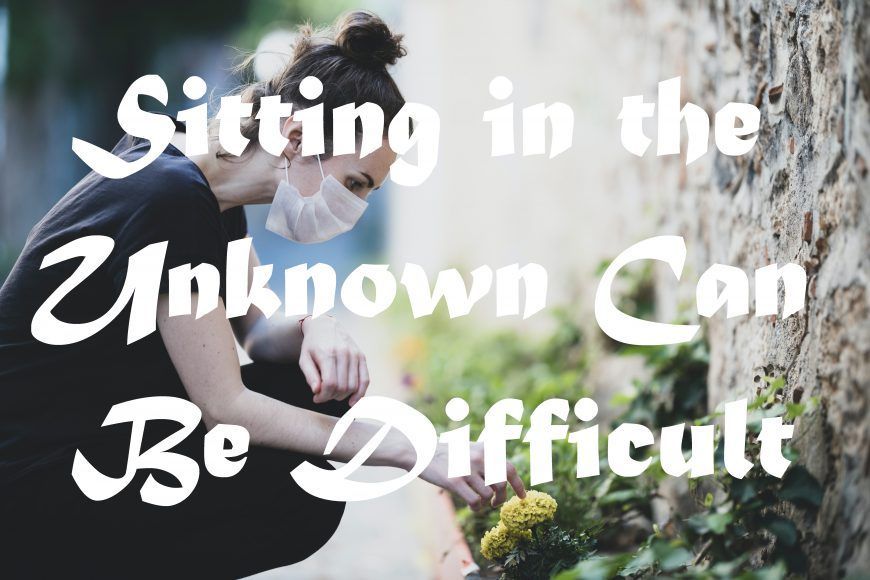Physical & Emotional Symptoms of Grief
What is grief?
Grief is one form of dealing with loss. It manifests itself as emotional pain which can then lead to physical pain. Typically grief is associated with the death of a loved one: be it a significant other, family member, pet or even a colleague. Since this form of loss can be damaging both emotionally and physically, recognizing symptoms is an important step in the healing process.
Often you’ll hear people speak of the 5 Stages of Grief. This was a system developed by psychiatrist Elisabeth Kübler-Ross in 1969. The stages include:
Denial: Refusing to accept the event.
Anger: Anger at the event itself or the people around you.
Bargaining : Saying “make this go away and in return I will do X”.
Depression: An arresting sadness in your life .
Acceptance: A final coming to terms with the event and moving on.
While this system has been and is extremely useful, not everyone deals with grief the same way. Now that we have a greater understanding of mental illness and its connection to grief and physical pain, it is clear that
symptoms of grief will be different for everyone.
Some facts to keep in mind:
– 8 million people in the United States suffered through the loss of an immediate family member or spouse last year.
– Grief is one of the 4 major causes of depression
– 1 in 10 Americans will deal with depression at least once in their lives
– Depression can lead to higher rates of obesity, heart disease and strokes
– Women have higher rates of depression than men
How is grief manifested within ourselves?
1. Physical:
Physical pain can be a by-product of emotional pain. Physical reactions to grief can include crying, loss of appetite, fatigue, sleep loss, headaches, body aches and general weakness.
2. Emotional:
The emotional aspect of grief encompasses feelings of sadness, yearning, negative thoughts, anxiety, anger and guilt. These feelings are OK and normal for anyone during the grieving process.
3. Social:
Sometimes after a loss you may feel a detachment from people. This can be a detachment from loved ones, coworkers or even isolating yourself from society at large.
4. Spiritual:
This can be a loss of faith, a questioning of purpose, the meaning of life and death, etc.
How to cope with the Physical and Emotional symptoms of grief:
It is important to understand that grief is
not permanent
nor does it have
a particular time frame. Some people recover from the effects of grief within weeks while
it can take months or years for others. Feeling sad, lonely, afraid, stressed or depressed are all normal signs of grieving. Remember that it is OK to cry, OK to feel sad and OK to express your true feelings to others. Importantly, learning to cope with grief and coming to terms with it emotionally, will alleviate many of the physical symptoms. There are many ways to cope with grief including:
1. Talk about it:
Talking about how you feel is a healthy way of coping. Let your friends and colleagues know how you are feeling and do not be afraid to be personal with them. The danger with grief is in isolating yourself which increases feelings of loneliness and leads to physical pain.
2. Accept your feelings:
Accept that how you are feeling is normal. Start writing a journal or start a blog. You can write about your process, write about the person you lost and anything in between. Just the act of writing can be very beneficial and you may feel a large weight fall off your shoulders.
3. Take care of yourself:
This can be the hardest part. With loss comes depression and all the physical symptoms we discussed previously. Join a gym, start taking walks in the morning or evening, take the stairs instead of the elevator at work; anything to get yourself moving. Exercise has physiological effects on the brain and has proven benefits.
4. Reach out and celebrate:
Join a support group, help other people through their own loss (start a blog!), celebrate the person’s life, throw a party or visit their favourite restaurant!
5. Get help:
There is a fine line between temporary grieving and a general, prolonged depression. Talking to a professional can be very beneficial and can help you cope with emotional and physical pain. If negative feelings persist for a prolonged period of time you should speak with your doctor.
Do not be discouraged if you feel alone. Let people know that you need them to be there for you, even if it means in silence. The physical symptoms of grief can leads to dangerous consequences to your health and well-being so it is important to focus on your feelings and happiness. Grief is a normal process and sadness is OK! Remember that human beings are resilient and things will get better.












